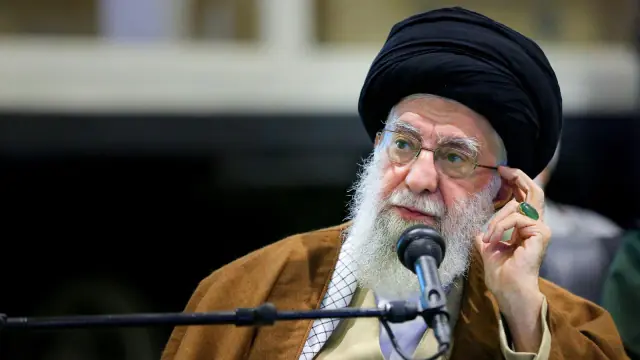In a dramatic escalation of tensions, Iran’s Supreme Leader Ayatollah Ali Khamenei has issued a direct order for a retaliatory strike against Israel in response to the killing of Hamas leader Ismail Haniyeh.
The order was reportedly given during an emergency meeting of Iran’s Supreme National Security Council, convened on Wednesday morning in Tehran, shortly after news of Haniyeh’s death broke.
According to a report by The New York Times, which cites three Iranian officials including members of the Revolutionary Guard, Khamenei’s directive was clear: prepare for potential offensive and defensive actions. This decision underscores the severity of the situation and the heightened risk of conflict between Iran and Israel.
Haniyeh, who was attending the inauguration of Iran’s newly elected president, Masoud Pezeshkian, was killed in what Iran and Hamas have accused as an Israeli orchestrated assassination. Despite these accusations, Tel Aviv has neither confirmed nor denied its involvement in the incident.
Khamenei, who has ultimate authority over Iranian state affairs and serves as the supreme commander of the armed forces, has emphasized that the attack on Haniyeh—a prominent Hamas leader and a key figure in the Palestinian resistance movement—was a direct affront to Iran’s sovereignty. In his statement, Khamenei described the act as “Tehran’s duty” to seek revenge, declaring that Israel would face “severe punishment.”
The Supreme Leader’s directive has led to heightened military preparedness within Iran. Both the Revolutionary Guards and the Iranian army have been instructed to brace for possible retaliatory strikes from Israel or the US, indicating a significant ramp-up in military readiness.
This development comes against a backdrop of recent hostilities between Iran and Israel. In April, Iran launched a substantial missile attack in retaliation for an Israeli assault on its embassy in Damascus, which resulted in the deaths of several Iranian military commanders.
This previous confrontation underscores the volatile nature of the relationship between the two nations and foreshadows the potential for further escalation.
As the situation continues to unfold, international observers and diplomatic channels are closely monitoring developments. The prospect of increased hostilities between Iran and Israel has implications not only for regional stability but also for global security dynamics.
With Khamenei’s order marking a significant escalation, the international community awaits further responses from Israel and potential repercussions in the broader Middle East.
The evolving situation could influence diplomatic negotiations and strategic alignments in the region, as both nations prepare for the possibility of intensified conflict.

